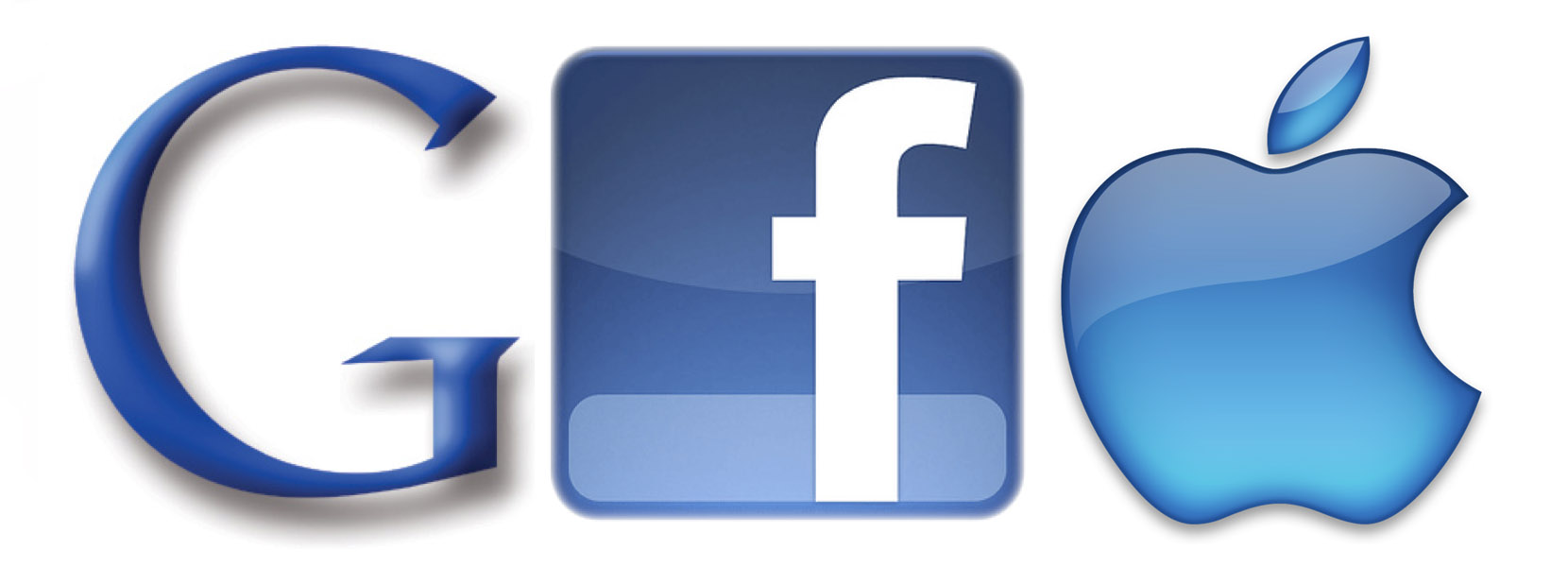In the mid 1990s, when Microsoft seemed invincible, company leaders hung posters inside their offices with the letters “TWD” boldly emblazoned on them. When the Justice Department and the European Commission began investigating Microsoft’s monopolistic tendencies, those signs suddenly disappeared. TWD stood for “Total World Domination.” That’s not something you want to advertise when you’re under government scrutiny.
Fast forward to 2010. The battle for total world domination has moved well beyond the computer operating system, and even beyond the computer. The biggest contenders at the moment are Google (GOOG), Facebook and Apple (AAPL). It’s likely that only one company will emerge as the winner in this high-stakes game, which slices effortlessly through the walls between social networking, corporate collaboration and enterprise communication. Whether it’s one of those three companies or another one altogether is uncertain. The reason for this uncertainty is largely due to demographics. In the advertising business, which is where most of these companies stand to make huge amounts of money, the more you know about your audience, the more ads you can sell. This has been proven time and time again among newspapers with huge street sales and those with subscription-based sales. The subscriptions always won, even when readership was a fraction of the number of street sales. This is relevant because Google’s growth has largely come at the expense of newspapers and magazines. Google provided the most popular search engine on the market, which has enabled its numbers to grow spectacularly. But Google has some of the same problems that newspapers have been experiencing. Without invading the privacy of users, it’s hard to tell who’s actually searching what. If the company digs down too far, users will abandon the search giant for another browser.
Social networking is stickier than search, to use some marketing terminology. You have to sign up and commit serious time to it, which is why Google is ramping up all sorts of side businesses in the hopes that something does stick. Google’s Android operating system is about the stickiest thing it offers. Operating systems have always been sticky, which is why Microsoft (MSFT) was able to post those TWD signs in the first place. But having one of many operating systems isn’t nearly as lucrative or as sticky as having the only operating system. Selling ads alongside the operating system has never been tried–at least not successfully. Compared with Google’s core search market, Facebook is much stickier. It knows exactly who its users are. It knows their habits, the frequency with which they communicate with their friends, and it knows where all of them are located. It can tell which direction information flows, when it flows and even who’s sending it–with photos. If a picture is worth a thousand words it’s probably also worth a lot of money to marketers. That explains why Google also created Gmail, which is somewhat sticky, and why it’s working on GoogleTV, which may ultimately prove even stickier once the dust settles on this market. But even Facebook will be facing new competition. Social networking and corporate collaboration are just getting going.
Finally, to round out the big three of the moment, Apple looked invincible several years ago. It had the iPod and the iPhone, which has been eclipsed by Google’s Android-based phones in market share. It also has the ultra-slick Macbook, the iPad and now AppleTV. While all of those are very sticky–Apple knows who its customers are because it sells to them as a captive audience–it’s not clear if Apple can keep the buzz going for its very pricey products and communication only among the Apple faithful. In the battle for total world domination the winners–and even the participants–are not yet apparent. What’s very clear is that the battle will be fought over demographics, just as it has been for decades, in the shadow of very touchy issues such as privacy and the limits of marketing tolerance. Inside the corporate enterprise extra security will be required. Never before have the stakes been so high, but never before has the demographic base been so mobile and so fickle.
Source: Forbes


